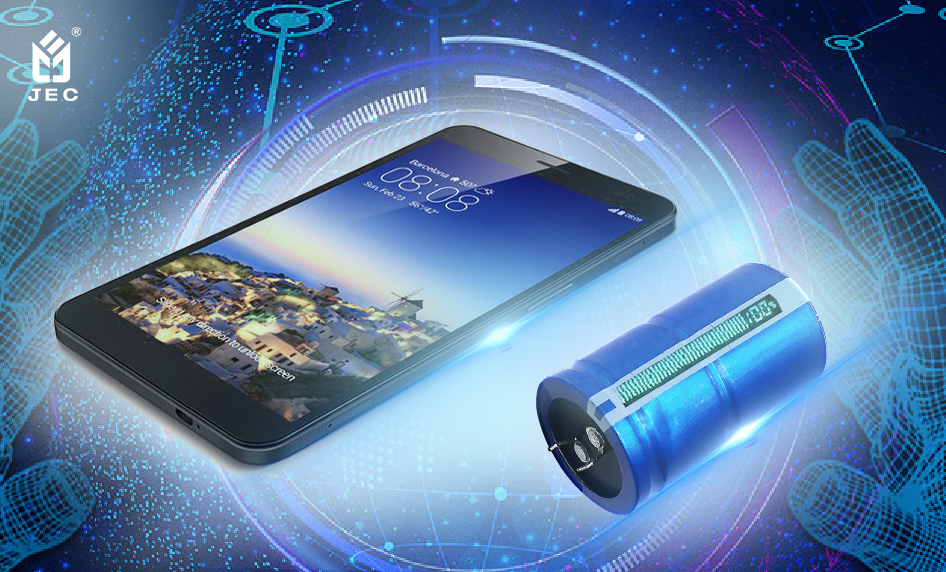Imagine a cellphone to be fully charged within a few seconds and its battery life will not deteriorate even after ten years of use. This will surely be a revolutionary experience. A supercapacitor is a component that can store and transfer electrical charge. And its principle is similar to our common batteries. But why do we use smartphone batteries instead of capacitors? With the continuous development of a supercapacitor technology, this energy storage component is believed to replace the now ubiquitous lithium-ion battery in the near future.
Battery VS Supercapacitors: What are their differences? Batteries come in many shapes, sizes and types. All modern smartphones use rechargeable lithium-ion batteries, which are known for their high energy density. This means they can hold a large amount of power in a small and lightweight package, making them suitable for use in portable electronic devices. Supercapacitors are between batteries and normal capacitors. They can store a certain amount of electricity, but less than that of a lithium battery, and are smaller than ordinary capacitors but store a lot of electricity. At the same time, supercapacitors charge faster than lithium-ion batteries and don’t drain as fast as ordinary capacitors. And supercapacitors are more adaptable to extreme ambient temperatures. Many smartphones are now designed with non-replaceable batteries, so the use of supercapacitors is very likely to become a reality one day. This is the common problem that ordinary smartphones will encounter: when the battery is used for about 18 months, the time to charge the phone once becomes shorter and shorter. This shows that the battery’s ability to store electricity has decreased. It is believed that in the future, the development of supercapacitor technology will become more mature and become the future of new battery development. We’re JYH HSU(JEC) Electronics Ltd, a Chinese manufacturer of of capacitors and resistors. We’re one of largest manufacturers in China in terms of yearly safety capacitor (X2, Y1, Y2) production. Welcome to contact us if you need electronic components.
Post time: May-09-2023

